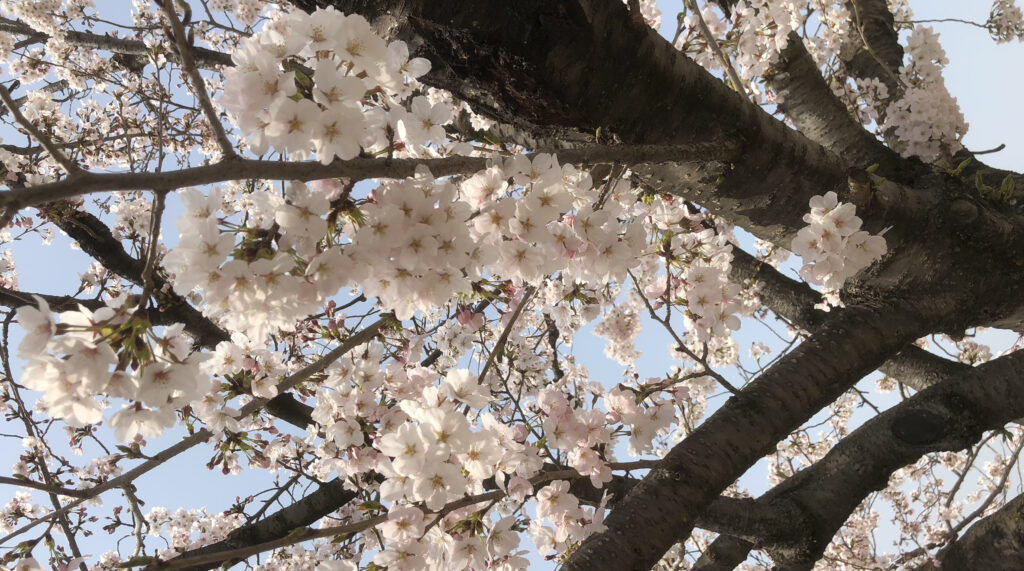I visited a building for business the other day. At the gate to the inside, there were a couple of Japanese people who were yelling at the receptionist. To enter the building, visitors had to show their ID cards but they didn’t have them and were refused to enter the building, which made them angry and stay there yelling at the receptionist. Therefore, there were many people who were waiting to enter the building but had wait because of the Japanese people who were complaining and disturbing the receptionist’s work. In the end, the receptionist contacted the person who the Japanese people were visiting, and the person came down from his office to identify them to let them in.
When I saw it, I could not help myself thinking “Were Japanese people like this?”.
It, of course, depends on each individual but I was interested in them who could behave arrogantly that much, not only in Japan but also abroad.
It is embarrassing for me to admit, but I think that I used to be a complainer. I didn’t mean to ask for unreasonable requests, but I didn’t like service which only follows manuals like machines, and I often complained about why they couldn’t be more flexible. I was thinking that just following manuals is against the spirit of Japanese hospitality which is called “Omotenashi” in Japanese.
However, I’ve come to know the importance of manuals after I came to Cambodia and started working with Cambodian people.
I still think that only following manuals is not good, but it is certainly needed to make people work with a certain standard. Having manuals also reduces the cost of training for new employers or taking over of duties.
Therefore, I think it’s good to deal with each thing flexibly following the minimum required manuals.
In the building, the receptionist didn’t let the visitors with no ID cards in at first for security reasons, just following their manual, and it was necessary, I suppose.
However, the receptionist didn’t just refuse them but contacted the person who they were visiting and get him come down, which was a good decision to deal with the situation. The receptionist might have just followed another manual to deal with visitors with no identification, but I felt that Cambodia would have a bright future.
The Japanese spirit of hospitality “Omotenashi” might have a great reputation not because of its high standard but but because of its flexibility to each individual. In that way, “Omotenashi” would not be only Japan’s strong point anymore.
It’d be a bit arrogant to say this, so you might misunderstand me, but I used to think that this world would be better if all the people in this world were Japanese people, which, now I know, was wrong.
The manual and Omotenashi

